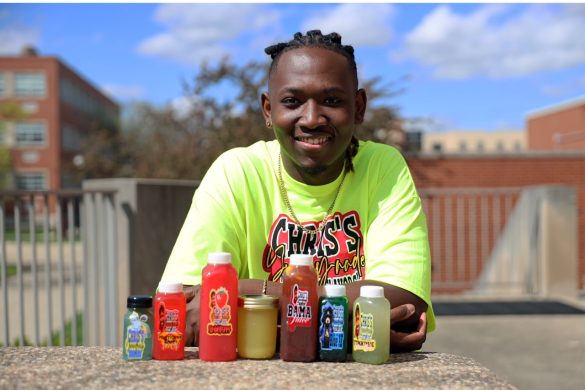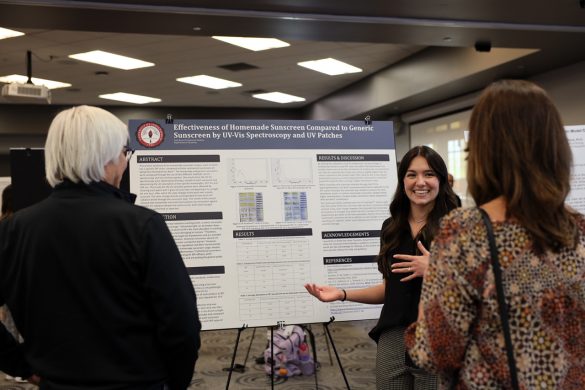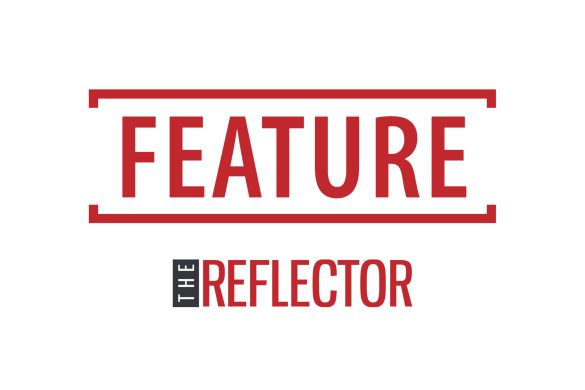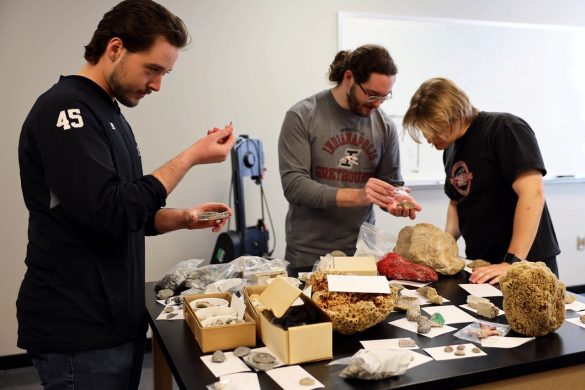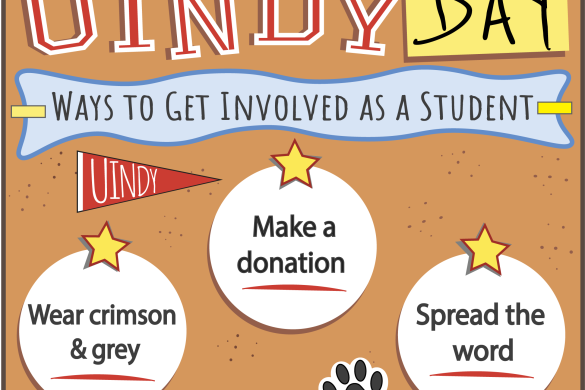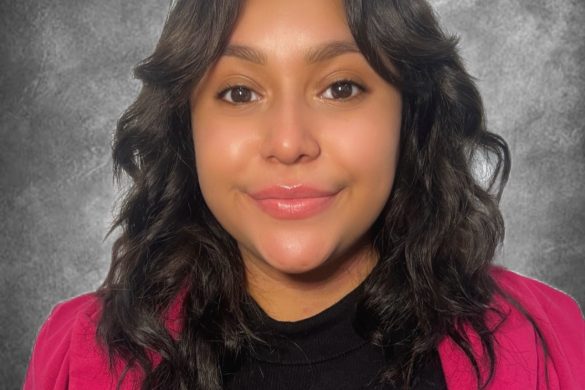Imagine being able to go overseas and get the experience of a lifetime. For some students, these adventures may be their first time on an airplane. And for many students, what is making this possible is the university’s ability to kick in some money.
The Greyhound Adventure Grant committee invited applications for the 2021-2022 academic year. According to an email sent out on Dec. 14, 2021 by Vice President for Student and Campus affairs and Dean of Students Kory Vitangeli, Greyhound Adventures is a program of the Ecumenical and Interfaith Programs Office (EIP) to help students explore callings and careers, and to encourage their own contributions to the University of Indianapolis tradition of Education for Service.
The email contained information about the grant and an application. According to the email, adventures that are considered for funding are those that either: (a) include a significant service-learning or volunteer component, (b) involve advocacy efforts related to a social concern or peace and justice issue, (c) concern matters of religious faith, theology, spiritual or vocational development, or (d) are certain educational and pre-professional experiences related to addressing a human, societal or community need. Any questions about the grant process or application were to be directed towards Greyhound Adventure Grant Committee Chairperson Jonathan Evans.
“The Greyhound Adventure Grant is a grant that is supposed to support students who are looking to explore anything from career based explorations to maybe faith-based explorations or even service-oriented activities,” Evans said. “ … We’d like to be able to support some of that work…”
University Chaplain and Assistant Professor of Philosophy and Religion Jeremiah Gibbs is another key contributor of the grant and is someone who co-leads various trips. Gibbs is also the Director of the Lantz Center for Christian Vocation and Spiritual Formation. Gibbs said that the grant is intended to fund vocational initiatives for students.
“ … It’s got a variety of different perspectives on that, but broadly helps students explore a vocation; a lot of the funding comes for specific university travel programs that are either religious or service in nature,” Gibbs said.
According to Evans, normally they have two application periods, one in November and one in February. Evans said that they give out a lot of that money in November, but this year they decided because of disruptions that they were going to have one application period in February.
“For the ones that I know, or who I’ve talked to, a lot of times they say that this is one of the best experiences that they’ve had as a university student,” Evans said. “The opportunity in some cases to work together as a team in an environment doing something that you want to do later on in life is just really memorable… I have not yet met a student who said, ‘Oh I wish I didn’t do that.’”
The Greyhound Adventure Grant did not happen last year due to a liability perspective, which meant there were no applicants and no travel at all, according to Gibbs. He said the university created some alternatives, such as internships, with those funds.
Evans said they are one of the few programs on campus that can still award money and that is because this is a grant that is available every single year. He said he encouraged any student to apply while the application window was open if they believed what they were looking at is eligible.
“First of all, I think it’s good practice because there’s a lot of funding opportunities out in the world, so this is a pretty low stakes way of doing that,” Evans said. “Second of all, we are a committee that, where we can, we would really like to try and fund trips, and so if somebody has a really good proposal we’re going to do everything we can to try to give that person some money.”
According to Gibbs, the focus is to create opportunities that will further the students for all the same purposes that their education does. Gibbs said this grant enables people who really want to participate in these programs an opportunity to be able to afford to do that so that the money doesn’t become a barrier.
“It helps us to be able to shape programs that are going to serve the students in the ways that we really want to, but it also means that more students are going to have opportunities to go and be able to do these travel initiatives and those are really good for the campus as a whole,” Gibbs said. “Not only because students who go on these programs come back more engaged, it ends up being they’re more excited about their university, they’re more excited about their college experience, but also they bring those experiences back and share with the whole community.”
Evans said the grant allows students to go overseas and travel who never would have gotten that experience. This might be the only time in their lives that they do that, Evans said.
“What I think it does for students is in some cases it gives them an opportunity they wouldn’t have otherwise,” Evans said. “I think we all know being a college student costs a lot of money and it’s just hard getting through the regular semester, having all of those expenses, making sure that you’re managing your debt and all that.”
While grant applications were due on Feb. 1, Gibbs said students should talk with any of the faculty that are more knowledgeable about the grants being offered. According to Gibbs, when writing a grant, the goal is to convince the people who are in charge of the program that you’re going to fulfill the purposes that they want.
“[The program’s] not just giving the money away for no reason, they’re giving it away because they want to have particular goals that they have set, and we set three goals for this particular program,” Gibbs said. “You’ve got to be able to make the claim that you’re going to do what the grant is trying to achieve, so being able to do that and make that pitch is important.”
According to Evans, the grant is limited to broader vocational exploration. Evans said if it fits these criteria and the applicants are full-time undergraduate students, then the students are eligible.
“I think that it’s good for the university too because I think what we’re supposed to do as a university is to allow you to explore in creative ways the things that you want to and give you experiences that you’ll remember, and if we can’t do that it’s kind of a sad thing,” Evans said. “This is nice that we’ve got some of that money to try to help.”
